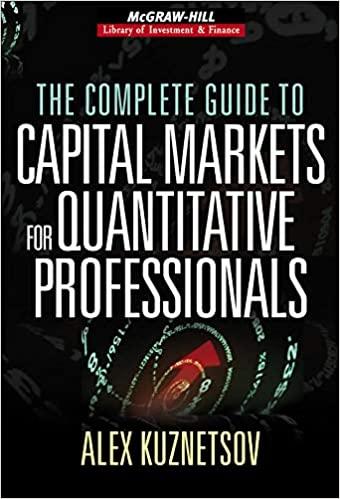Question
a. What is the initial outlay associated with this project? (Round to the nearest dollar.) b. If your sales forecast is 10,000 skateboards per year,

a. What is the initial outlay associated with this project? (Round to the nearest dollar.)
b. If your sales forecast is 10,000 skateboards per year, what are the annual free cash flows associated with this project for years 1 through 9 (note that the cash flows for years 1 through 9 are equal)? (Round to the nearest dollar.)
If your sales forecast is 3,000 skateboards per year, what are the annual free cash flows associated with this project for years 1 through 9 (note that the cash flows for years 1 through 9 are equal)? (Round to the nearest dollar.)
If your sales forecast is 13,000 skateboards per year, what are the annual free cash flows associated with this project for years 1 through 9 (note that the cash flows for years 1 through 9 are equal)? (Round to the nearest dollar.)
What are the expected annual free cash flows for years 1 through 9 (note that the cash flows for years 1 through 9 are equal)?(Round to the nearest dollar.)
c. If your sales forecast is 10,000 skateboards per year, what is the terminal cash flow in year 10 (that is, what is the free cash flow in year
10 plus any additional cash flows associated with the termination of the project)? (Round to the nearest dollar.)
If your sales forecast is 3,000 skateboards per year, what is the terminal cash flow in year 10 (that is, what is the free cash flow in year 10 plus any additional cash flows associated with the termination of the project)? (Round to the nearest dollar.)
If your sales forecast is 13,000 skateboards per year, what is the terminal cash flow in year 10 (that is, what is the free cash flow in year 10 plus any additional cash flows associated with the termination of the project)? (Round to the nearest dollar.)
What is the expected terminal cash flow in year 10? (Round to the nearest dollar.)
d. Using the expected free cash flows, what is the project's NPV given a required rate of return of 10 percent? (Round to the nearest dollar.)
What would the project's NPV be if they sold 10,000 skateboards? (Round to the nearest dollar.)
when the project is shut down. Finally, assume that the firm's marginal tax rate is 21 percent. a. What is the initial outlay associated with the project? b. What are the annual free cash flows associated with the project for years 1 , and 2 through 9 under each sales forecast? What are the expected annual free cash flows for year 1 , and years 2 through 9 ? c. What is the terminal cash flow in year 10 (that is, what is the free cash flow in year 10 plus any additional cash flows associated with the termination of the project)? d. Using the expected free cash flows, what is the project's NPV given a required rate of return of 10 percent? What would the project's NPV be if 10,000 skateboards were sold? a. What is the initial outlay associated with this project? (Round to the nearest dollar.)Step by Step Solution
There are 3 Steps involved in it
Step: 1

Get Instant Access to Expert-Tailored Solutions
See step-by-step solutions with expert insights and AI powered tools for academic success
Step: 2

Step: 3

Ace Your Homework with AI
Get the answers you need in no time with our AI-driven, step-by-step assistance
Get Started


